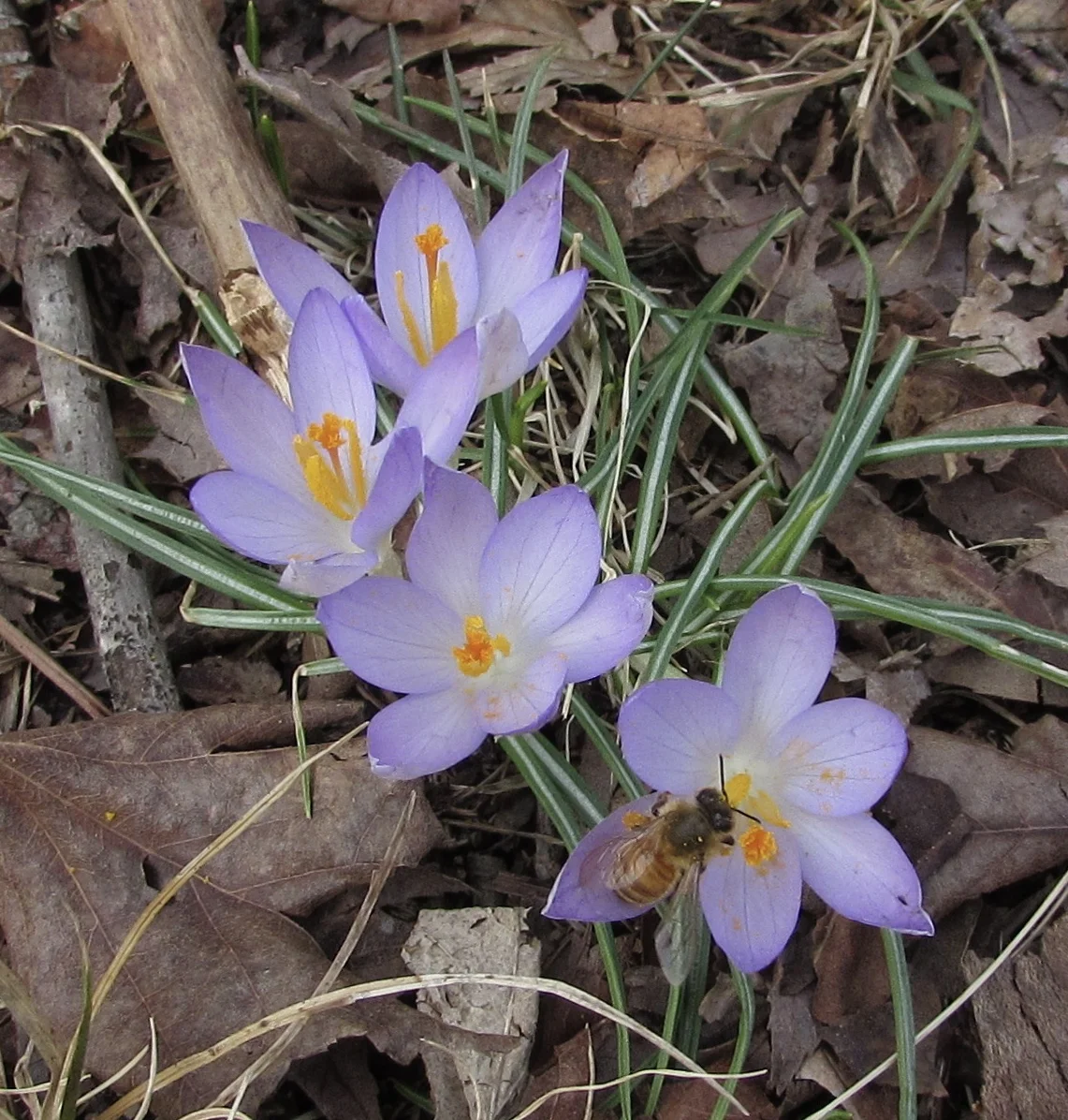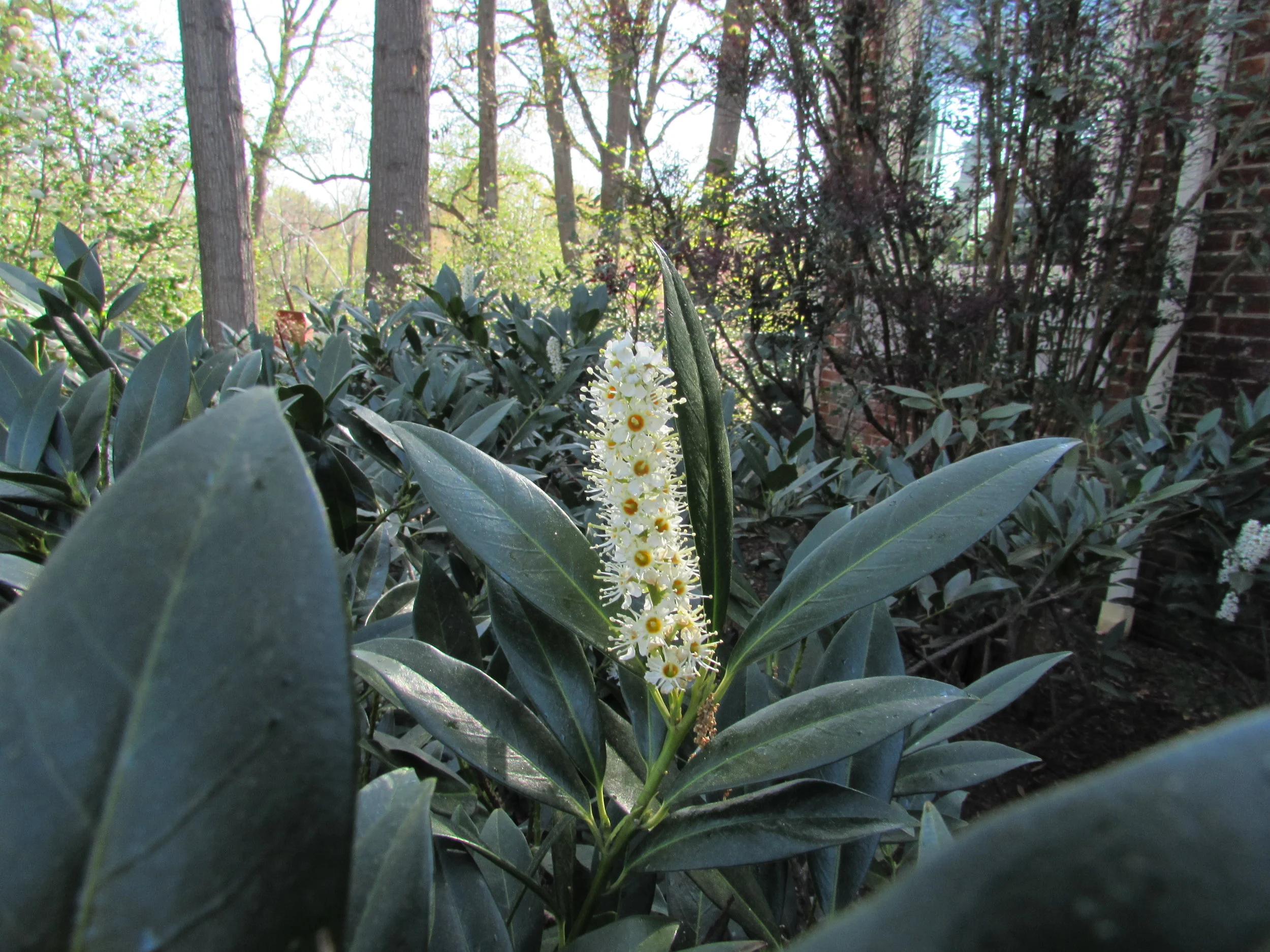Using Grassroots "Collaboration" to Promote Local Energy Conservation
This post discusses how social networking might be used to help promote local energy conservation.
The C-SPAN Washington Journal call-in question on Monday, August 18, 2008 was “Should Individual States Implement Energy Policy?” My answer to that question was “Yes,” for two reasons:
It’s going to take forever for the Congress to develop a coherent and unified national energy policy.
Local and state governments are closer to the people and can move more quickly.
If this topic interests you, here are some questions that are worth considering:
How would such a system be paid for?
If a public utility were directly involved, what kind of regulation and oversight would be involved, and would this prevent the network from operating effectively?
How much management and oversight will be needed to keep the system “on course” and productive?
Is it necessary to have detailed data from “smart meters” accessible in order to make this system work among homeowners?
Should a dedicated social network be implemented, or can an existing system (e.g., MySpace or Facebook) be used?
How much private household information (energy and non-energy related) needs to be collected and shared by such a system?
Should a local government agency or a public energy utility sponsor such a system?
I suggest that, if government agencies are going to increase public access to public information, they should also consider “going the extra mile” by encouraging citizen involvement in taking collaborative actions based on that information. Social encouragement of energy consumption seems a very practical place to start.
I suggest that, if government agencies are going to increase public access to public information, they should also consider “going the extra mile” by encouraging citizen involvement in taking collaborative actions based on that information. Social encouragement of energy consumption seems a very practical place to start.
A contributing factor is that the tools for monitoring and collaborating on important public initiatives are evolving rapidly. Some local governments are becoming more active about providing the public with access to data collected and used by the government in its daily work. Hopefully such improved access will provide an opportunity for the public to monitor and influence the performance of government employees and agencies in areas such as energy policy.
Public energy utilities are one industry that clearly has a direct impact on energy consumption. They are also susceptible to political action. A recent Washington Post article (registration required) describes how voters in Colorado pushed the local energy utility to accelerate its investment in solar and wind energy.
This was obviously an important move for Colorado and impacted energy supply, but it doesn’t immediately impact the behavior of individual energy consumers. For that to happen, I believe that individual consumers need better information about their current energy consumption and about what they can be doing to improve conservation behavior.
In a previous post I discussed how utilities can support public participation in energy management and conservation by sponsoring and encouraging public collaboration via social networking related to the monitoring and control of energy consumption. Providing information about energy consumption and its direct price doesn’t by itself solve the problem. People also need to know what they can do with this information to change their behavior.
Here’s a basic model that describes what I mean:

One can argue that continued price increases in gas, oil, and electricity will eventually force improvements in how the public uses the energy it receives from public utilities. Nevertheless, energy conservation behavior is about a lot more than just “cutting back.” There are many daily decisions that can be made to improve conservation. Some are private decisions. Others involve social behavior and cooperation with others.
As energy prices continue to rise, doesn’t it therefore make sense for local governments and utilities to use all methods to promote energy conservation, including collaboration oriented services such as social networks?
One possible approach: provide the homeowner with a secure personal web page that provides a view of that homeowner’s energy consumption based on data collected by a “smart meter.” Also available would be a comparative view of energy consumption by similar households. Then, provide a mechanism for the group to share information online about how to manage and conserve energy.
Would enabling energy consumers to share information about conservation and energy related behaviors involve utilities and local government overstepping traditional roles? Perhaps. But how different is this from a police department sponsoring a “neighborhood watch” program, or a Fire Department representative visiting your home or workplace to discuss fire hazards?
Copyright (c) 2008 by Dennis D. McDonald



